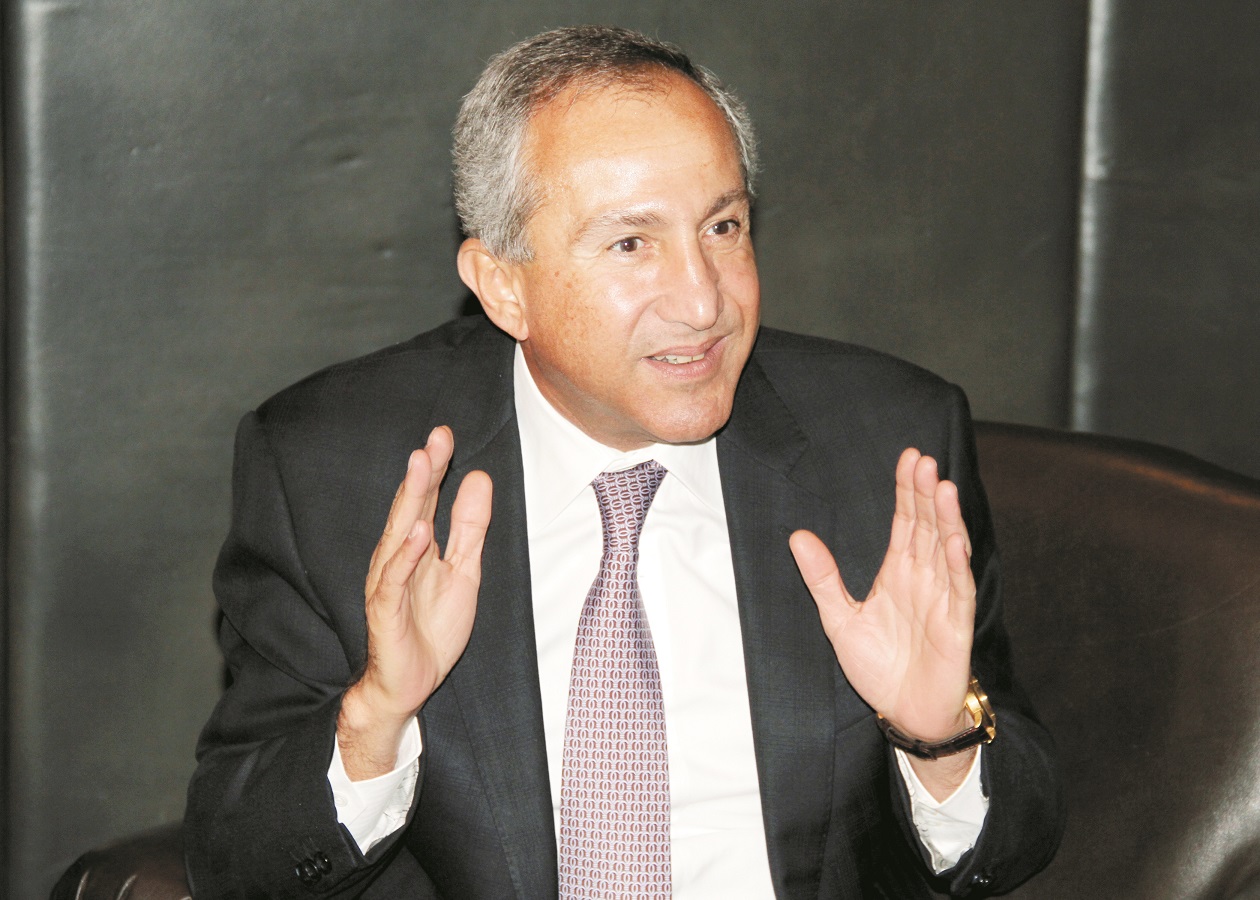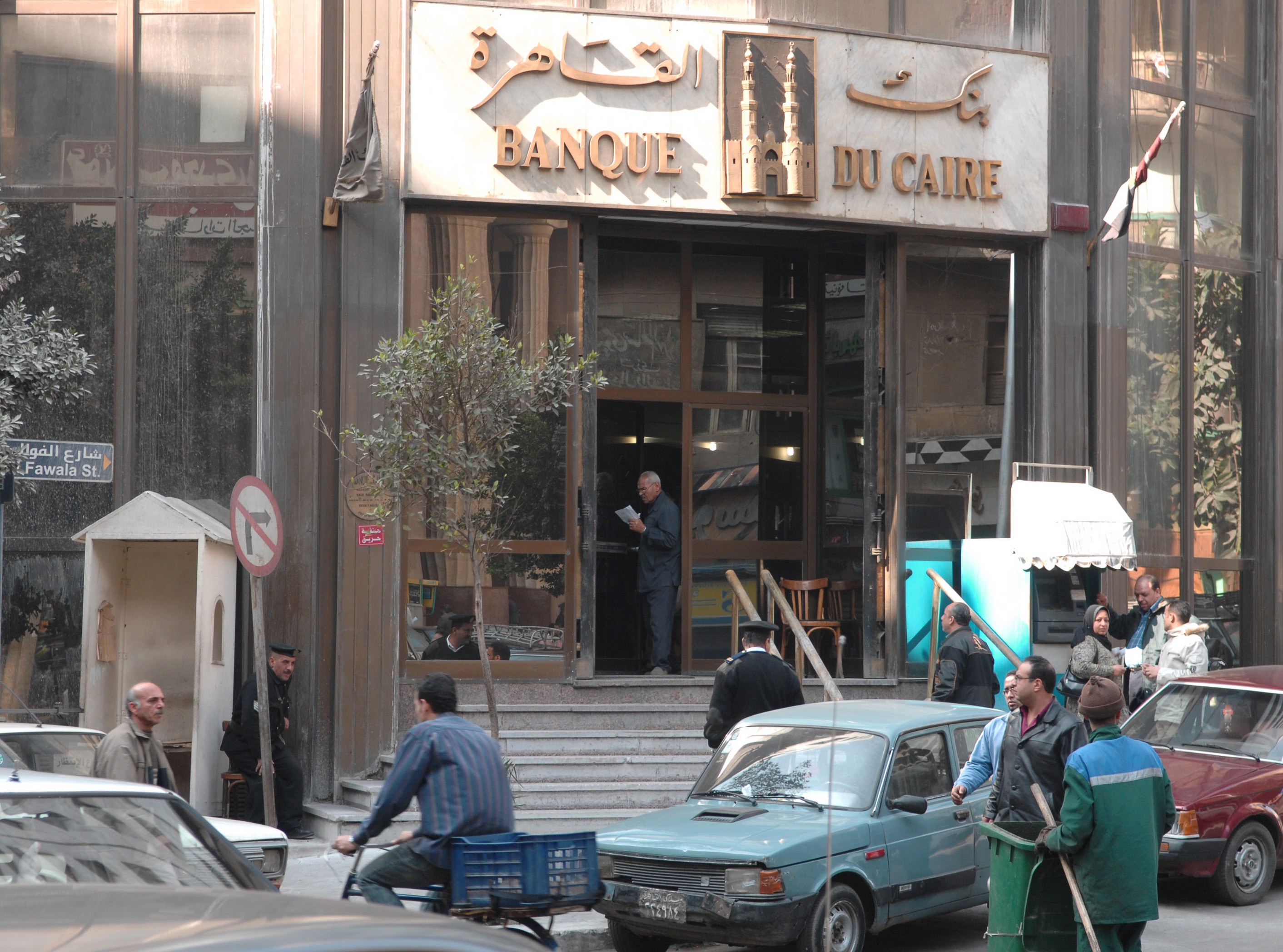CEO of Ghabbour Group (GB Auto) Raouf Ghabbour affirmed the importance of the second “Egypt Automotive” summit, which brings together businessmen and the government representatives in an open and transparent dialogue.
The summit will contribute to boosting the automotive industry in Egypt, which requires actual partnership between businessmen and the government to boost several economic sectors.
Ghabbour said the most important demand from the summit is to clarify the automotive industry strategy and its impact on the automotive sector and the Egyptian economy in general.
What are your demands from the summit, in the presence of government authorities in the sector?
The most important demand is to clarify the automotive industry strategy and its impact on the automotive sector and the Egyptian economy in general. Despite Egypt having been among the pioneering countries in automotive production in 1950s, many countries have since surpassed us, especially South Korea, Morocco, Turkey, and South Africa. We currently have a local auto assembly industry, but have not yet reached the complete auto production industry.
What are the major challenges in the automotive sector?
The recent dollar shortage is one of the major challenges that halted the sector and many factories were suspended for a brief period due to delay of production input. But the main challenge is the problem caused by free trade agreement between Egypt, the EU, Turkey, and Morocco. These agreements threaten the automotive industry in Egypt because they provide imports from those countries with customs exemptions.
Under the agreement signed with the EU in 2001, customs on European cars will gradually be waived over the upcoming period until they reach 0% in 2020. Egypt signed similar agreements with Turkey and Morocco and both countries have strong automotive production. Hence, we call for the approval of the automotive industry to protect and develop local production.
How do you view the Suez Canal Area Development Project, especially in terms of industrial and commercial zones?
The Suez Canal Development Project is great! We should study successful experiences in other countries such as Turkey and Morocco, which offer many advantages for investors. During a meeting with an official at a major European automotive company, he explained that Morocco gave the company advantages to set up its factory. Those advantages amount to about 47% of the investment value. He also said Turkey did the same with value at 42%.
What are the investment incentives?
For example, granting fully facilitated lands for free. A factory requires an area of about 1.5m metres. There could also be loans in local currency at discounted interest rates or repayment for investors for their research investments and launching campaigns to replace old cars with new locally produced ones. They could also loan other logistical advantages, such as shipping, by providing a fixed port for production inputs.
Can manufacturers import cars until they start producing?
Yes, of course. Some countries grant manufacturers the right to import a number of cars during the establishment of a factory, where those cars are treated as though they were produced locally in terms of customs. If a company delays the implementation of the factory, the government gets the right to ask for the value of customs on imported cars during that period as well as interest fees.
Is GB Auto considering an investment in Suez Canal Area Development Project?
The group has a real plan that is currently being studied. We are preparing feasibility studies to take part in the logistical zone of the development project. However, we are awaiting the government to begin implementation.
What are the expansions the group is targeting if the strategy is adopted?
GB Auto has not and will not stop investing in the automotive sector but we need a clear strategy so we can consider more opportunities.
The company plans to invest about $1.5bn to shift from being an assembling company to a manufacturer once customs and fees are reduced. We also guarantee at least another $1.5bn of other investments in the sector if the government amends the legislation governing investment in the automotive industry, bringing the total to $3bn.
How would you describe the situation of the automotive industry in Egypt?
Egypt does not have a real automotive industry. The government should stimulate the industry and encourage investors to begin manufacturing, not assembly. Manufacturing will create added value and diminish the pressure on the Egyptian pound. It will also secure hard currency once exporting begins. The government’s support will feed about 70% of the local demand by 2018, while exporting half the production to regional markets.
What is the solution to stimulate a real automotive industry in Egypt?
The solution is to speed up the government’s reform of all legislation regulating investment in the automotive industry, especially taxes and customs. I believe the current government is determined to do so. We are awaiting the announcement of a package of amendments to stimulate investment in the industry, while reducing all customs below 10% on all components used in the automotive industry. It is not logical to impose 135% customs on car components, while international standards are below 10%. Why would investors pump money then?




